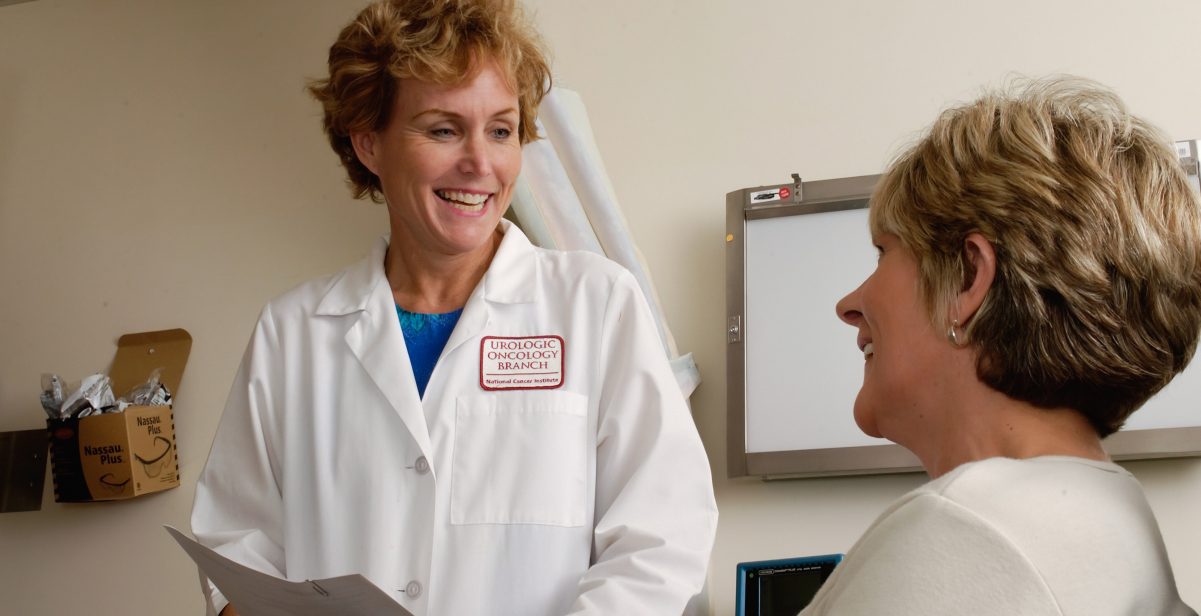AI is impacting the health industry in lots of ways. And revolutions are bringing more accuracy and speed, helping patients survive and recover from critical illnesses. Let’s look at four broad areas in which AI is advancing healthcare.
Early diagnosis
Most diseases are degenerative. That means if you don’t treat them, they worsen. Take cancer as an example. Discovering it early can mean the difference between a full recovery and more dire consequences. And tools that enable earlier diagnosis are literally saving lives.
In 2016, experts used IBM’s Watson AI to analyse a 60-year-old patient and discovered she was suffering from a rare kind of leukemia. The system took just 10 minutes to perform a task that would have taken doctors weeks. And it saved the patient’s life. Imagine how much better your experience would be if you could receive a diagnosis in minutes instead of weeks!
Doctors have also used AI to combine information from multiple scans and tests to detect diseases in scenarios where it would be impossible for a human to manage and cross-reference that quantity of data.
Treatment
AI can be useful post-diagnosis too. Some experts are already using AI to create personalised drug treatments for their patients based on test results and medical history. Not only that. Scientists are also using AI to repurpose existing drugs for use in new areas.
Expanding access to care
It’s easy to think this kind of technology is only available to the wealthy. But it’s been greatly expanding access to healthcare for the less fortunate too. Take the Aravind Eye Hospitals in India. In the past, hospitals would send doctors to villages to triage eye conditions and funnel patients into appropriate treatment programmes.
But this way of working is hard to scale. Doctors and funds are often limited. This led Aravind to work with Google to develop a screening algorithm that could triage and assess. This means that staff with basic training can now work in place of doctors, making eye screening more available to all.
Predictive treatment
Experts are also using predictive analytics to support their clinical decision-making. AI can identify patients at risk of developing a condition or being more adversely affected by it. It does this by analysing big health data. Then, based on the results, doctors recommend individualised lifestyle and environmental modifications to greatly improve their patients’ health.
There are many other areas in which AI is advancing healthcare for people, helping to decrease costs, avoid unnecessary treatments and improve the survivability and severity of diseases. AI popularity is exploding in this area, and I find it exciting to imagine the benefits and improvements to come.

